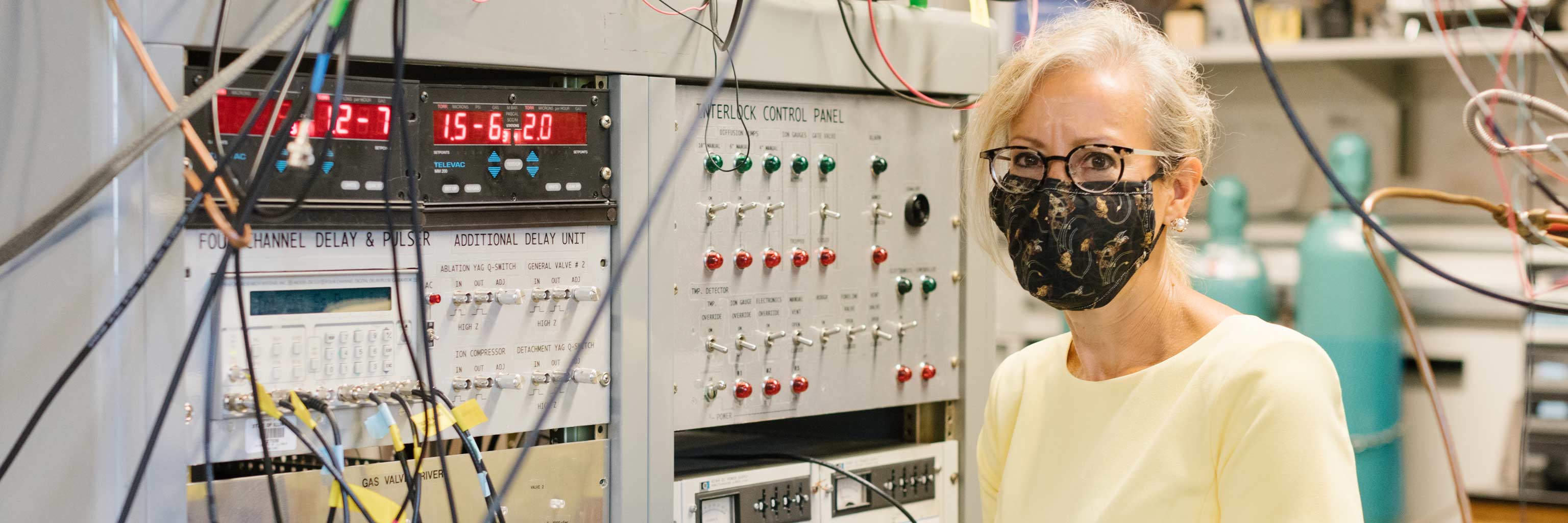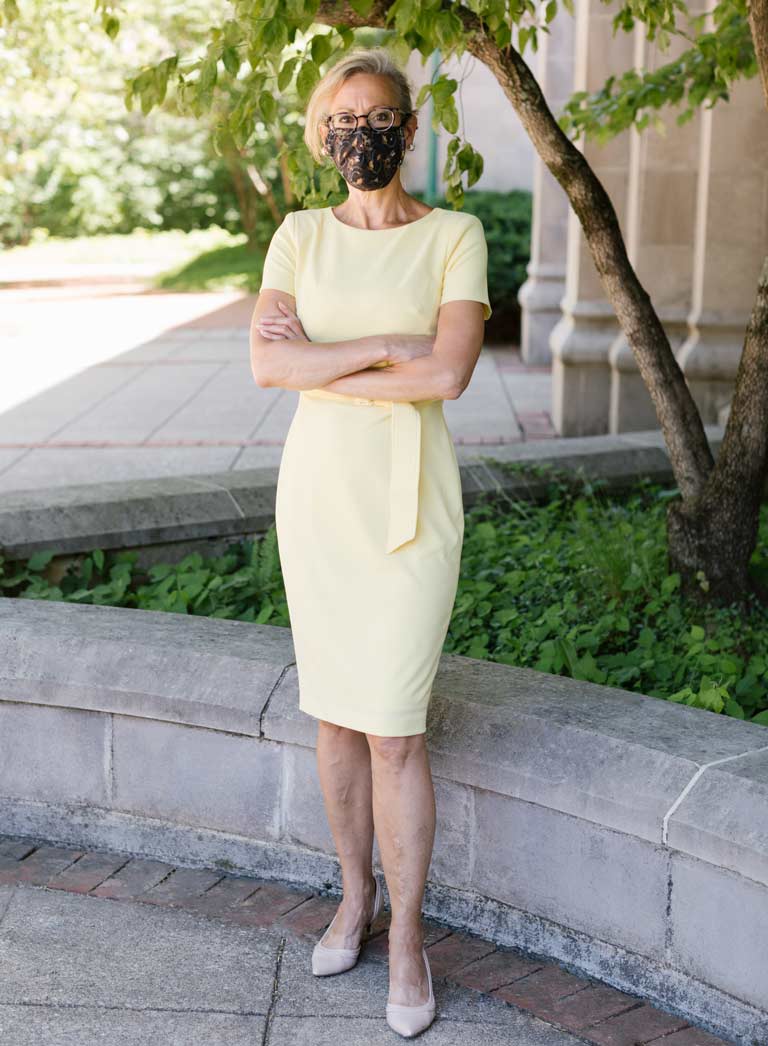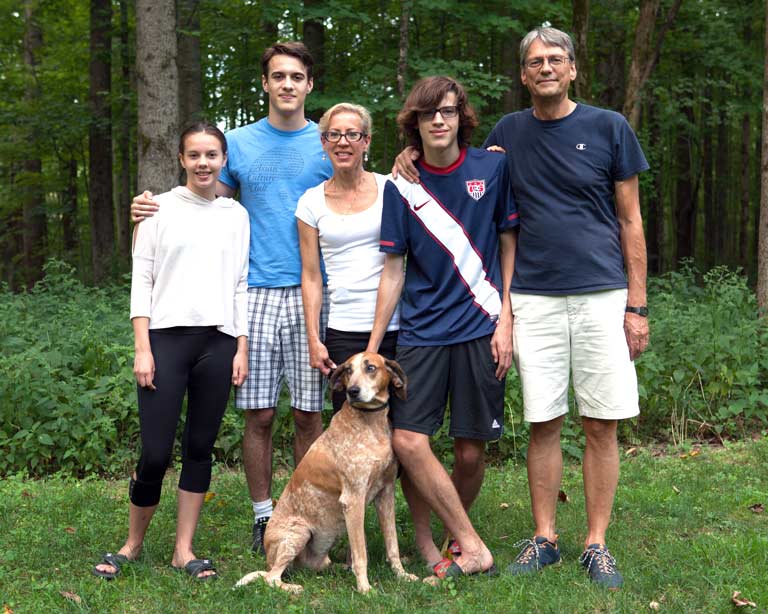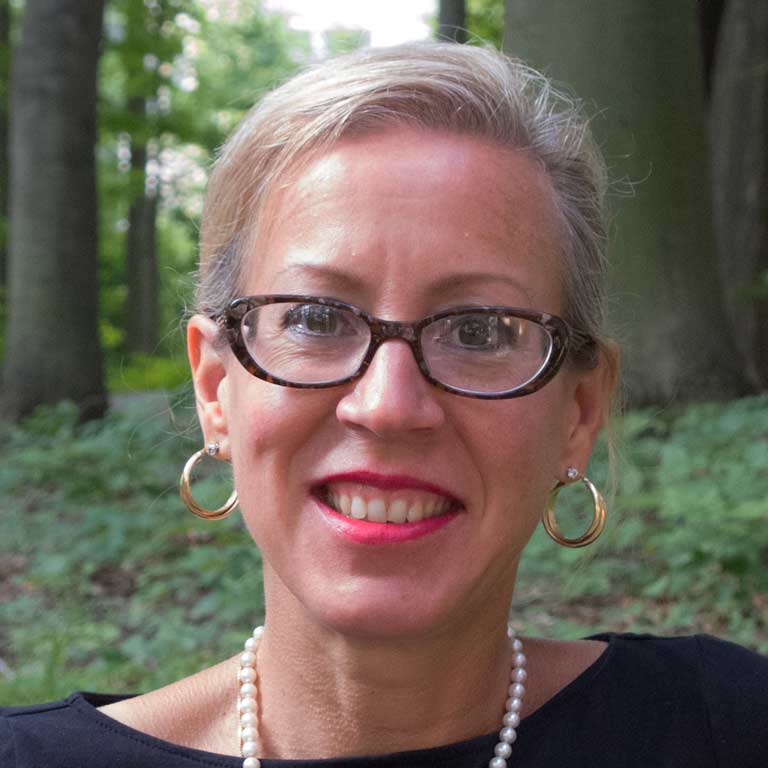Not that she always wanted to be a chemist: “Absolutely not,” she says. “When I went to college at the University of Michigan, I had it in mind that I would like to become a biological illustrator. Before they’d let me take biology, though, I had to take chemistry and I fell in love. I credit the professor who taught my freshman chemistry class for converting me. To this day, I thank him every time I see him.”
Explaining her attraction is simple: “Chemistry underlies everything. Knowing why a chair is red rather than green or understanding the science behind cooking—that’s why I’m a physical chemist.” As an undergraduate, she had a chance to conduct her own research, designing her own circuits and instruments.
“You don’t know what’s going to happen when you do your own experiments. Doing something no one has done before is thrilling,” Jarrold says. “Creating knowledge is exciting.” She is proud that today the IU Chemistry department offers undergrads many research opportunities.
As a student, Jarrold was used to being one of only a few women in her classes and labs. But it wasn’t a position she relished. So, when she searched for academic posts, she looked at departments to be sure that they already had female faculty.
“I didn’t want to be the first,” she says. Having said that, Jarrold has racked up several firsts at IU: she is the first woman to chair her department, as well as the first woman to be promoted to full professor of chemistry. And though it’s not a first, she was also named a Herman B Wells Endowed Professor in 2018, the same year she became department chair.
Jarrold says that her eyes were really opened to the problem of gender bias later in her career, when she got her first faculty appointment. As a student, she says, “I felt pretty oblivious to gender bias. I knew I was being treated differently. Sometimes it was to my benefit and sometimes not.”
Later, as a young assistant professor at the University of Illinois in Chicago, she explains, “I was trying to build a lab. I was trying to publish papers. Normally a department will leave junior faculty members alone so they can get their careers started. And although my department was incredibly supportive, if a female candidate in chemistry or physics was being interviewed, I was always asked to meet her so I could assure her that women were treated well here.”





